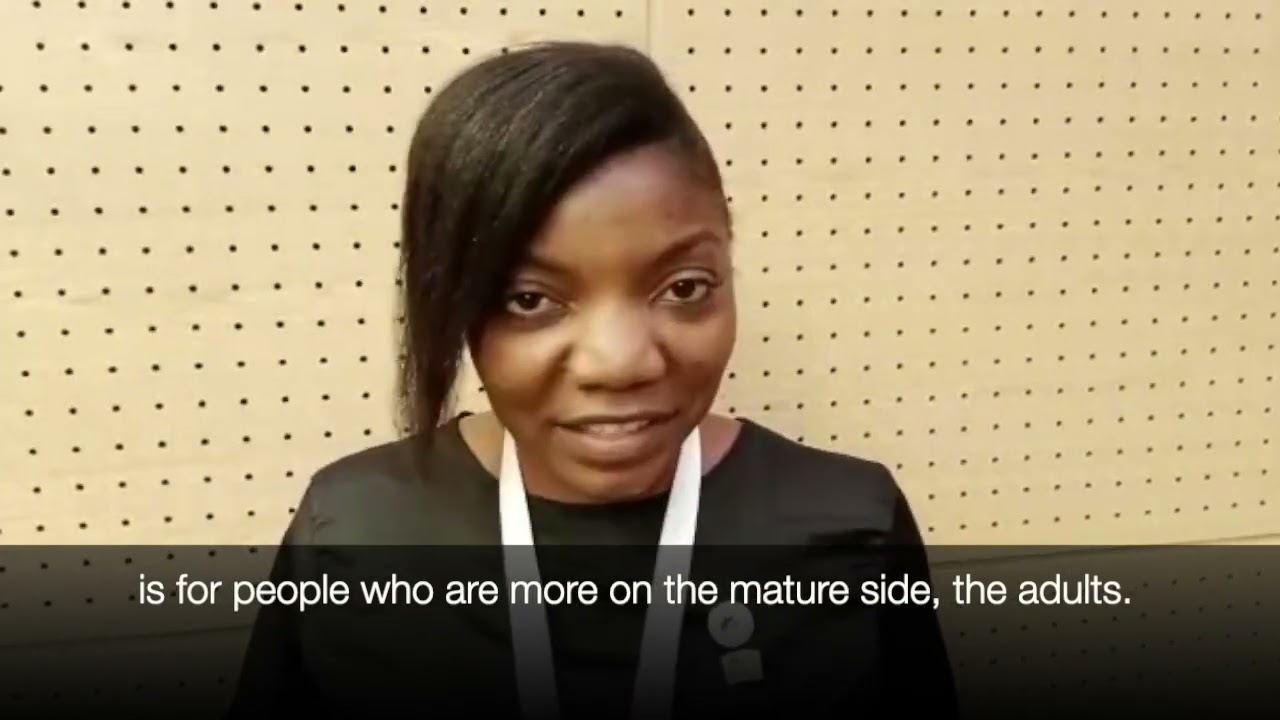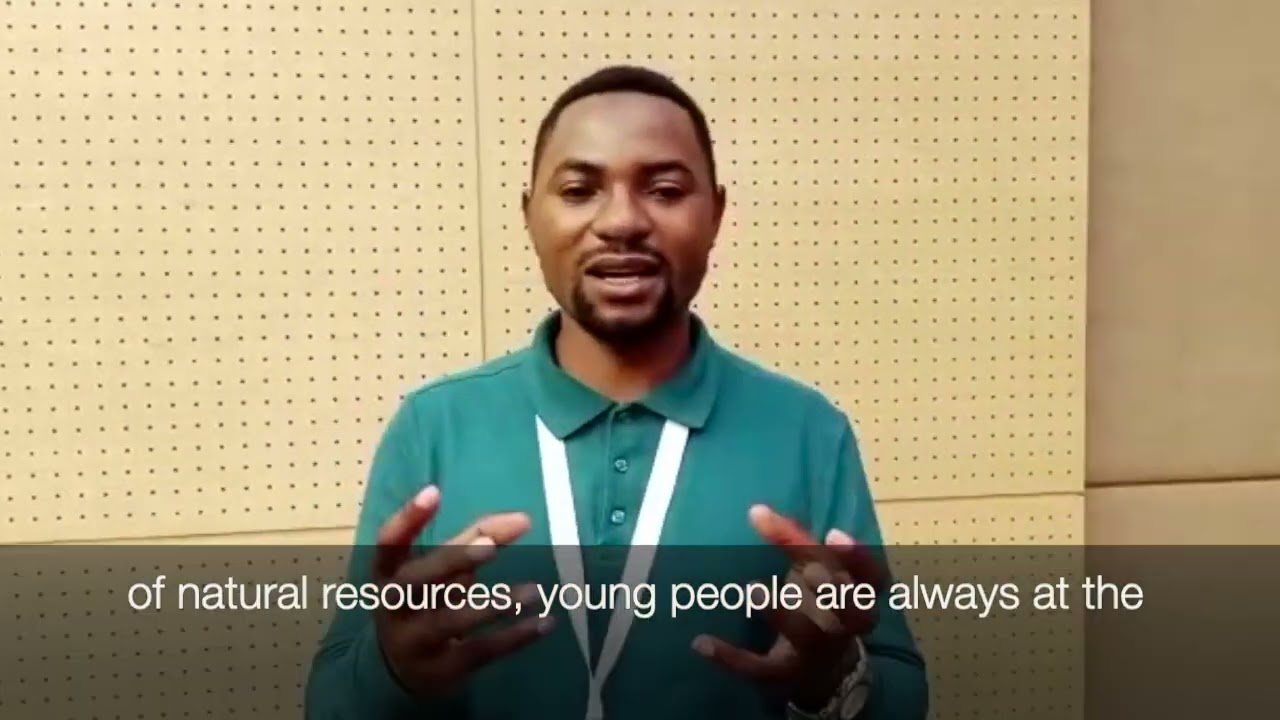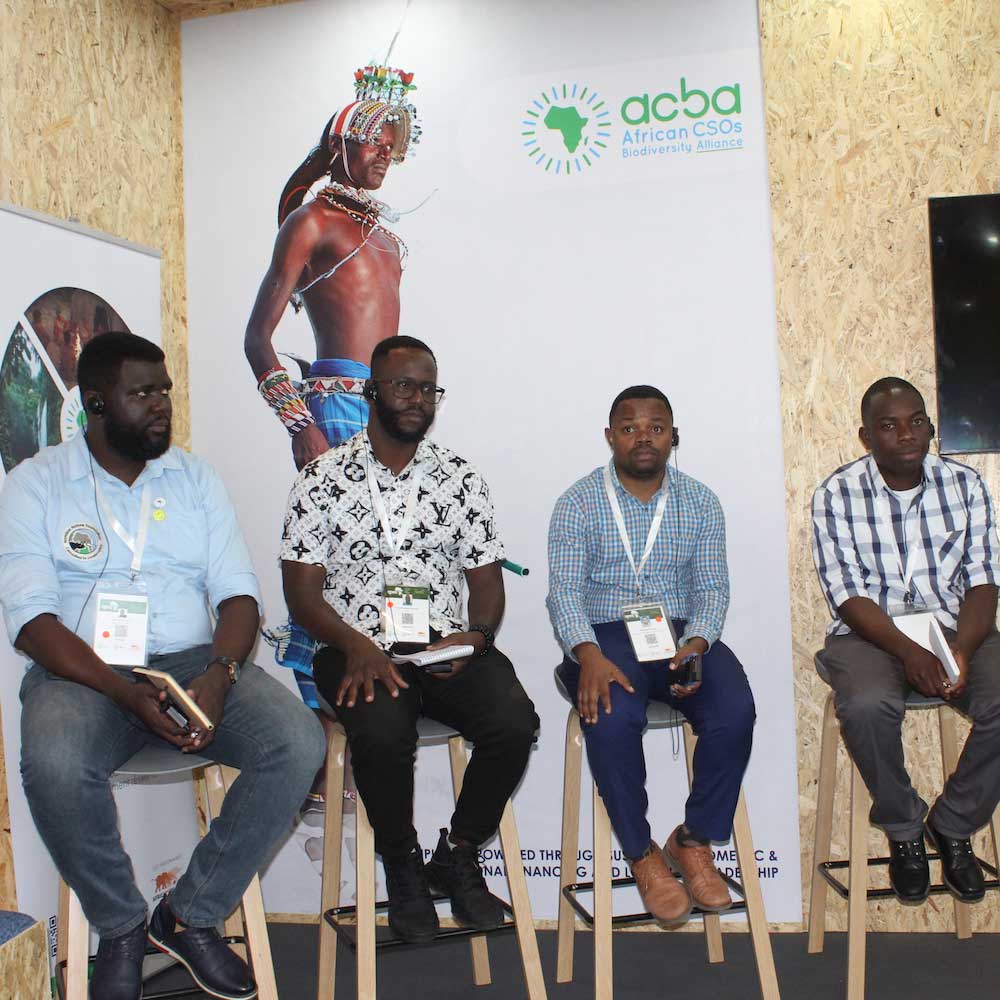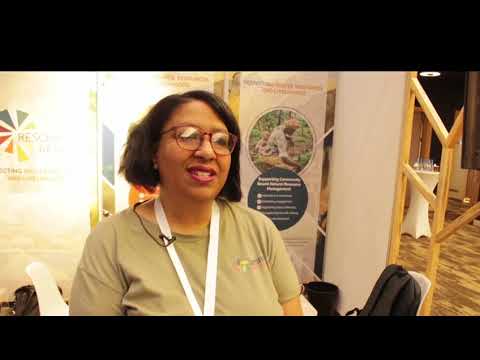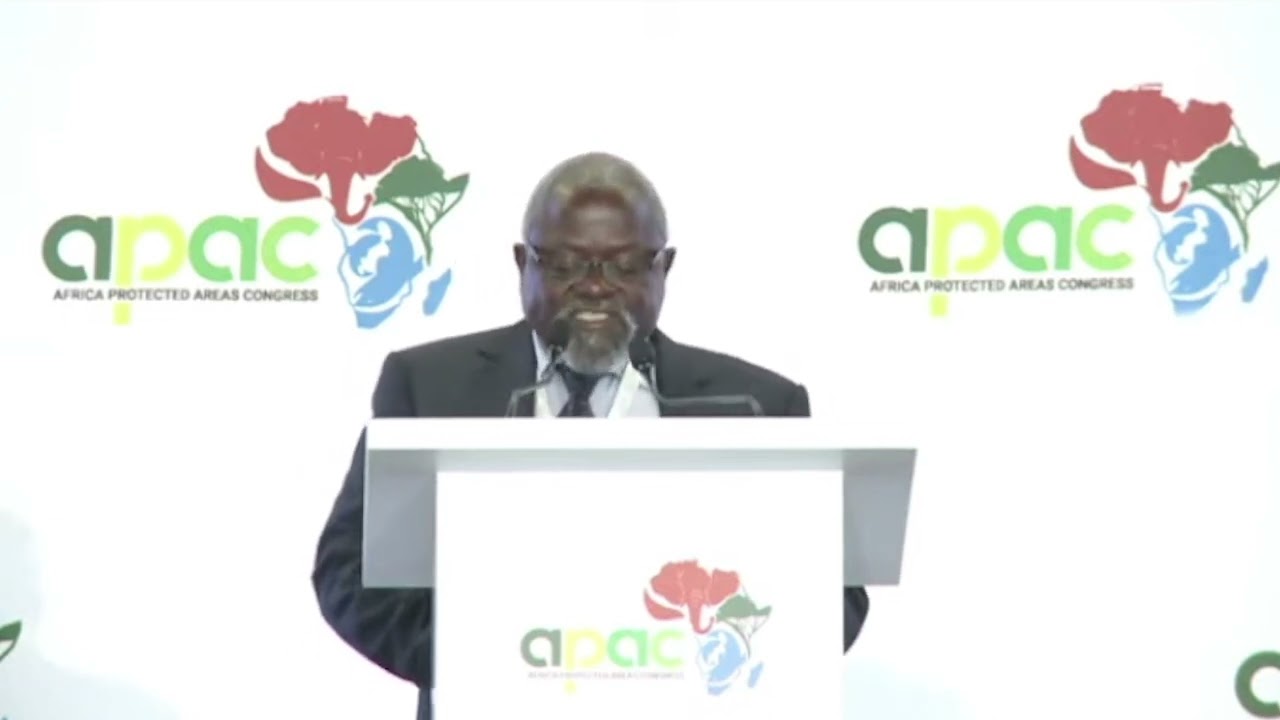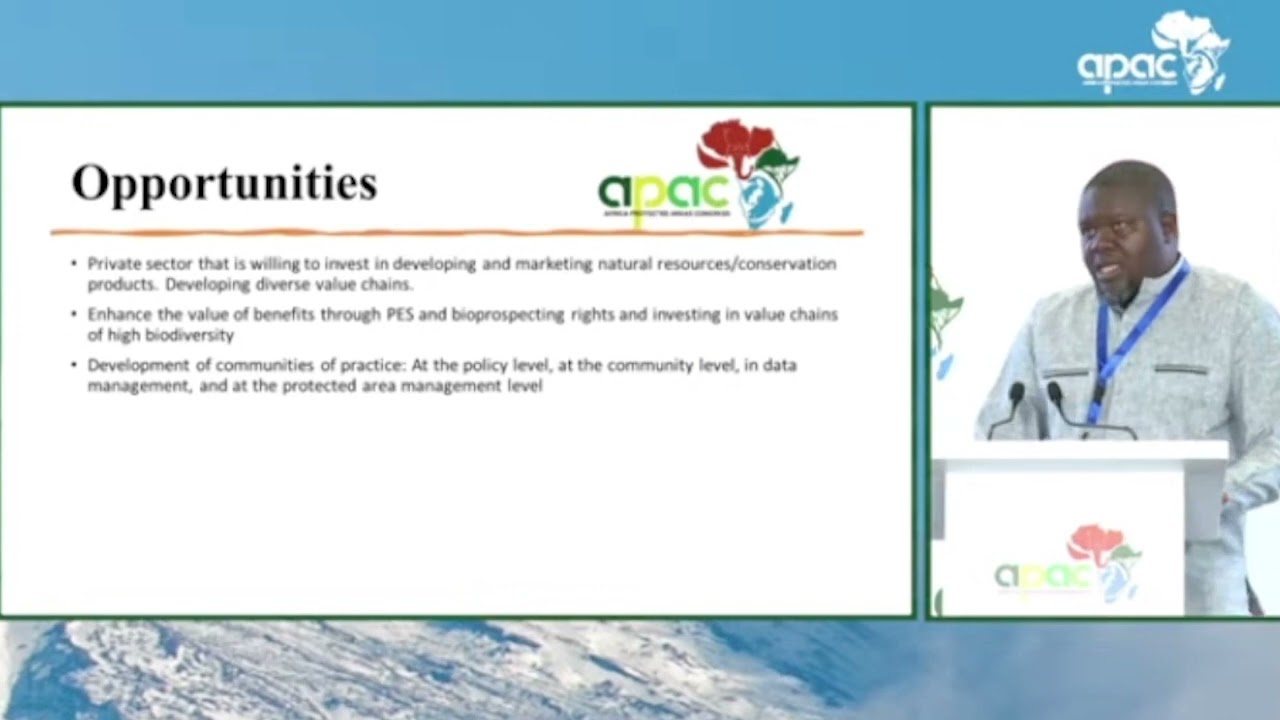

Africa Protected Area Congress (APAC)
“The IUCN Africa Protected Areas Congress (APAC) was the first ever continent-wide gathering of African leaders, indigenous people and local communities (IPLCs), and interest groups to discuss the role of protected areas in conserving nature, safeguarding Africa’s iconic wildlife, delivering vital life-supporting ecosystem services for African people, and promoting sustainable development while conserving Africa’s cultural heritage and traditions.”
THREE KEY DECLARATIONS MADE AT APAC
APAC Kigali Call To Action
More than 2400 participants from 53 African and 27 other countries participated in the inaugural IUCN Africa Protected and Conserved Areas Congress (APAC) in Kigali, Rwanda from 18-23 July 2022. It was convened jointly by the Government of Rwanda, the International Union for the Conservation of Nature (IUCN) and the African Wildlife Foundation (AWF).
The IPLCs Declaration To APAC 2022
“We, representatives of Indigenous Peoples and Local Communities, our organizations, and networks in Africa from more than 40 African nations convened in Kigali, Rwanda on 16 –17 July 2022, to undertake our full and effective participation in the first IUCN’s Africa Protected Areas Congress (APAC), do make this declaration. This being a culmination of sub-regional gatherings and convenings that happened.”
APAC Youth Declaration – July 2022
“We as APAC Youth recognise and appreciate the efforts and achievements made by the Government of Rwanda and the Co-Conveners: IUCN and AWF. We, the African youth, recognize that Africa is young, diverse and with a rich natural and cultural heritage gathered together to unify our voices to safeguard our future. As of today, Africa’s population sits at 1.4 Billion people, 70% of which are young people under the age of 30.”
Young Voices at APAC
Africa is an overwhelmingly young continent – 70% of its entire population is under the age of 30, according to the United Nations. However, across Africa, leadership still does not proportionately reflect this demographic reality. Are youth being equitably included in decision-making? Do they feel their views and interests are being heard and considered by leaders, and their contributions valued? And what do young people generally think about conservation as a vocation? We put these questions to three young Zambians attending APAC. Listen to what they had to say.
“Picking up from my experience at university, of being laughed at for studying Wildlife Management, you could already tell the perception of young people towards conservation. It generally does not appeal to them and they do not think it is interesting enough. They also think that conservation is for people more on the mature side, the adults.” Mary Malasa – Birdwatch Zambia Species Conservation Officer
“I feel that sometimes the donors drive their agenda towards the elderly or experienced people and I think the youths feel side-lined. They feel that if they come and participate, if they come and give out their views, their views are put aside.”
Cecelia Banda – Zambia CBNRM Forum Project Manager
“In Zambia, we have seen a lot of opportunities where organisations are considering
young people to be employed and where there are activities like sensitisation and awareness towards conservation, young people are always on the centre stage of implementation.”
Simwanza Mutende – Zambia CBNRM Forum Project and Communications Manager
Conservation Communities and Sustainable Use of Resources at APAC
PARTICIPANTS DISCUSSED THE ROLE OF PROTECTED AREAS IN CONSERVING NATURE, PROTECTING AFRICA’S ICONIC WILDLIFE, PROMOTING SUSTAINABLE DEVELOPMENT, AND PRESERVING AFRICA’S CULTURAL HERITAGE AND TRADITIONS.
The inaugural Africa Protected Areas Congress explored three thematic areas:
- Protected Areas: Apart from discussing terrestrial and marine protected areas, delegates gained insight into the potential of community and privately conserved areas across Africa. Improving international cooperation, transboundary governance, and wildlife management standards are critical in connecting Africa’s wildlife areas and boosting regional development.
- People: The benefits of protected areas stretch beyond wildlife and wild lands. People depend on the services of intact ecosystems and have long protected landscapes for their ecological and cultural value. The Congress delved into the interdependence between human well-being and nature conservation, looking into strategies to tackle human-wildlife conflict, exploring rights-based conservation, and showcased resource management opportunities in conservation-friendly businesses.
- Biodiversity: Sessions at APAC looked at historical and emerging threats to wildlife and wild lands such as poaching, illegal wildlife trade, and habitat loss. As wildlife economies make a slow recovery from the COVID-19 pandemic and continue to grapple with
climate change impacts, delegates explored mitigation and adaptation strategies and the importance of ecological restoration for sustainable development.
Photo Gallery
Highlights of Our Participation at APAC
Resource Africa (RA) and the Community Leaders Network of Southern Africa (CLN) made numerous key contributions to the pre-congress held by IPLCs and the main APAC congress. The overall goal of our participation was to amplify the voices of IPLCs from Southern Africa and ensure that their concerns and desires were brought forward at every opportunity.
- Leslé Jansen, CEO of RA, took part in a high-level plenary panel discussion titled “Leadership Dialogue: Upholding Rights, Promoting Good Governance, and Equity.”
- Shylock Muyengwa, RA’s community-based natural resource management (CBNRM) adviser, assisted the APAC secretariat during the Biodiversity Stream high-level plenaries. He was selected to read the outcomes from this Stream during the APAC closing session.
- At the ACBA-hosted side event, RA’s Dr. Muyengwa presented the Voices of the People project and provided an up-to-date status report on the Monitoring and Information project for conservation communities in southern Africa. Additionally, he facilitated a session organised by BIOPAMA on the key lessons learned from implementing CBNRM in four countries.
- Bupe Banda, representing RA and CLN, took part in the “Conservation Giants: Celebrating African Conservation Leaders” high-level plenary panel. She also facilitated a discussion with CLN members on the topic of nature- based tourism partnerships and rural livelihoods.
- Gail Thomson moderated a discussion panel held on the link between human- wildlife conflict and the sustainable use of natural resources.
- Sobantu Mzwakali moderated a CLN discussion on how the cross-cutting issues of climate change and wildlife crime affect IPLCs around African protected areas.
Members of the CLN were fully engaged in the congress by contributing to the IPLC pre-congress, hosting their own side-events, and participating as invited panellists on several other side-events. A highlight of their participation was Malidadi Langa from Malawi being selected to deliver the IPLCs closing statement at the end of APAC.
Lesle Jansen’s reflections on the conference.
Malidadi Langa’s presentation of the closing remarks on behalf of IPLCs.
Dr Shylock Muyengwa’s presentation of the Biodiversity Stream findings.
LINKS TO AFRICA REGIONAL RESOURCES:
